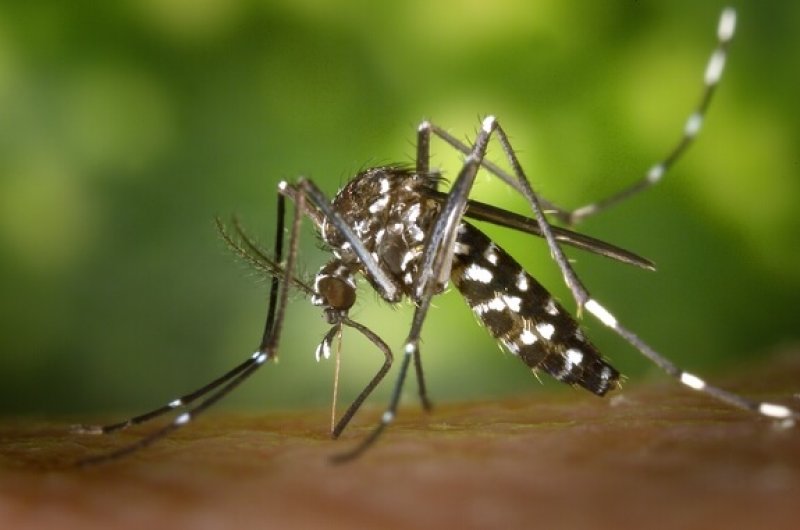Researchers have infected Aedes aegypti mosquitoes—the species responsible for passing on many diseases—with bacteria called Wolbachia with the intent of reducing the insects’ ability to pass on dengue to people. When these modified mosquitoes were released in the Indonesian city of Yogyakarta, the rates of dengue dropped by 77 percent over two years, making it four times less likely that a person would contract the disease by the end of the study than in years past.
…
In the newest study, the first controlled trial to use the Wolbachia method, the team divided the city of Yogyakarta into 24 regions in a checkerboard pattern and released modified mosquitoes into 12 of them, retaining the remaining dozen as controls. In total, about 6 million mosquitoes were released over six months across an area that is home to around 312,000 people …. These mosquitoes go on to mate (but not reproduce) with local wild populations, transferring the bacteria to naive mosquitoes.
…
After more than two years, 8,144 people between the ages of three and 45 were included to arrive at what the authors call the “golden number” of a 77 percent reduction in the rate of dengue diagnoses in clusters where the mosquitoes had been released.































